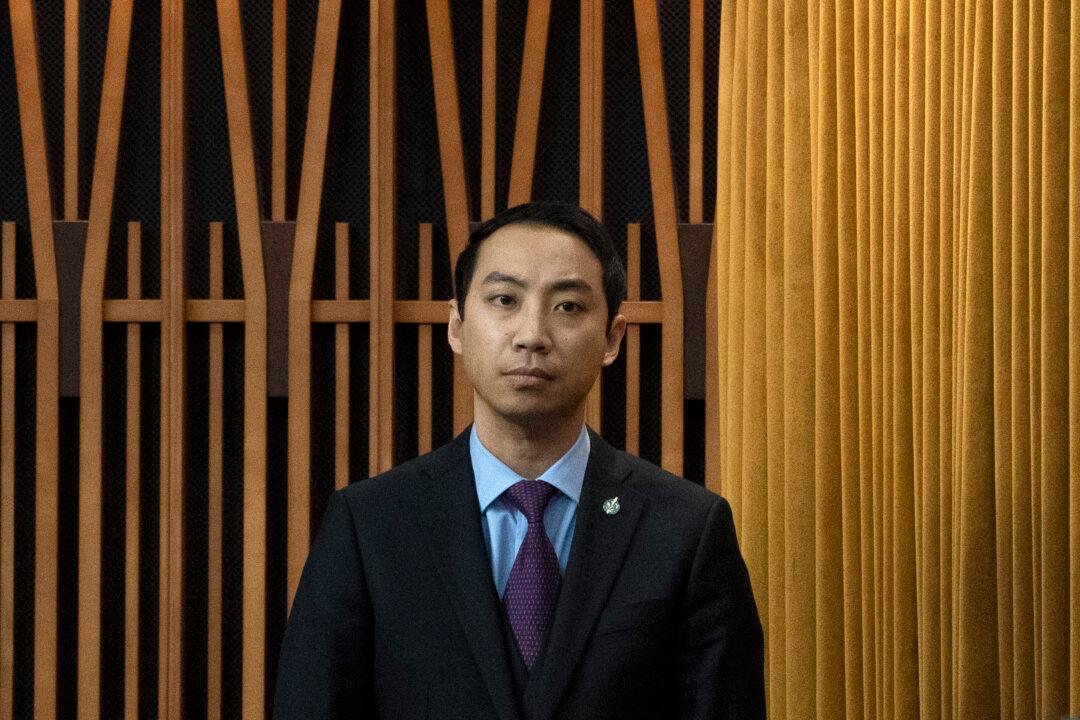Independent MP Kevin Vuong flagged the issue of fraudsters using fake income for mortgage loans in Parliament, citing an investigative report linking these schemes to Chinese money laundering that has been driving the Canadian housing crisis.
“Whistleblower information from HSBC documents show rampant mortgage fraud by people using fake high salaries from fake jobs in China to get mortgages and buy houses in Canada. How’s it possible for a person with no income to buy four houses?” Mr. Vuong said during Question Period in the House of Commons on Feb. 7.





